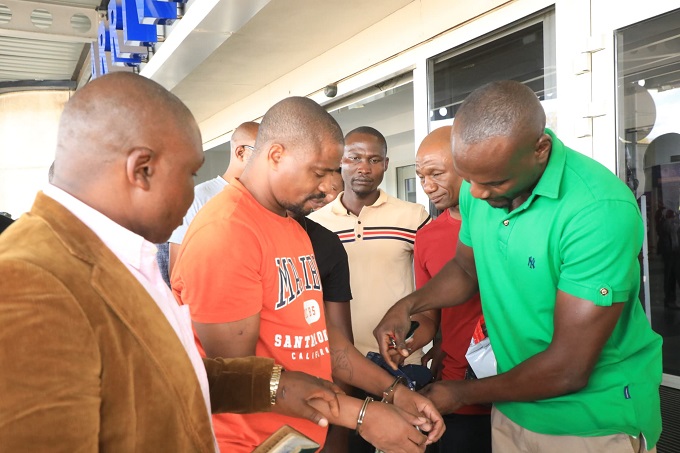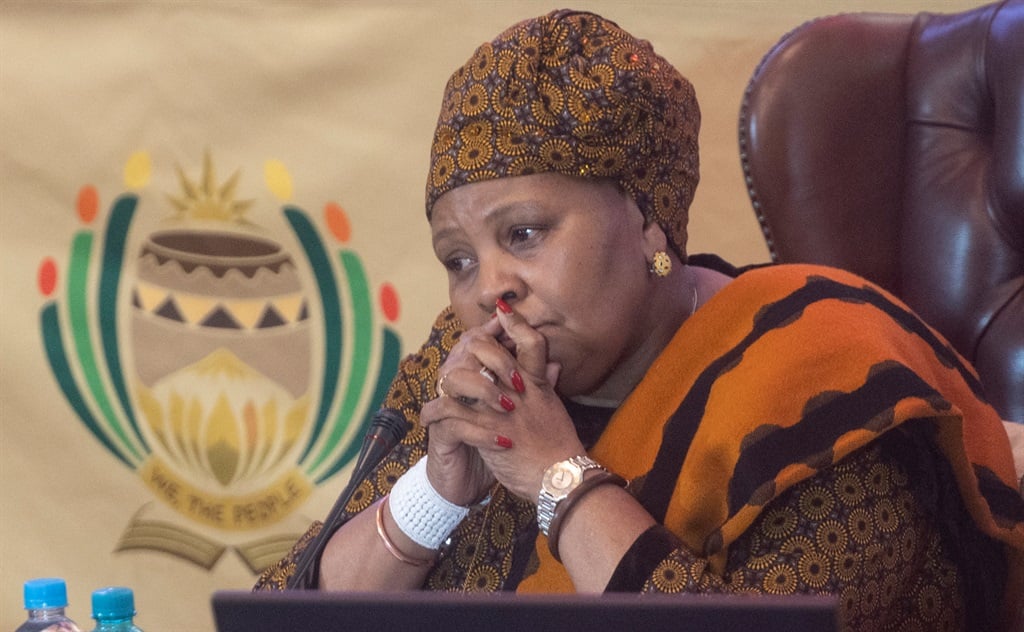By Professor Matodzi
HARARE-The European Union (EU) has added its voice in condemning the rise in incidences of political violence across the troubled southern African country.
Zimbabwe has in recent weeks seen a marked rise in incidences of political violence mostly perpetrated by supporters of President Robert Mugabe’s ruling Zanu PF party as the country heads towards a high-stakes general election in 2018.
Early this month in Harare South constituency’s Hopley suburb, a series of violent clashes broke out between supporters of Zanu PF party and those of opposition leader Morgan Tsvangirai’s MDC-T party after the ruling party sympathisers attempted to block the other party members from staging a political rally in the area.
Last week, the Zimbabwe Republic Police banned an MDC-T political rally scheduled for Hopley and ended up arresting close to 20 MDC-T supporters while some were left hospitalised after being assaulted by police officers. In Mashonaland West, President Mugabe’s home province, some ZANU PF party supporters disrupted an MDC-T rally.
On Tuesday, the EU became the first bloc of influential western countries to condemn the rising political violence.
“The EU Delegation is deeply concerned about recent incidents of violence against members of political parties. Inter or intra party political violence and intimidation are totally unacceptable anywhere. Those responsible for such violence should be brought to justice. The EU encourages all parties to respect democratic principles and contribute to a peaceful, just and democratic society,” reads part of the EU statement issued Tuesday.
Tsvangirai’s MDC-T party and other fringe opposition political parties have in recent years been boycotting participating in by-elections in protest against electoral malpractices and demanding that the government should implement key electoral and democratic reforms
The troubled southern African country has had a history of political violence beginning from the pre-independence and post-colonial days when soldiers loyal to President Mugabe embarked on a brutal crackdown known as Gukurahundi against what the former guerrilla leader branded an insurgency in the southern and western parts of the country which left about 20 000 people dead, who were mainly supporters of the late Joshua Nkomo’s ZAPU party. President Mugabe described the massacre period as “a moment of madness”.
In 2000, Zimbabwe plunged again into political violence after the country’s former liberation war fighters started grabbing white-owned commercial farms and murdered several farmers and MDC-T supporters.
In 2008, the MDC-T said more than 200 of its party supporters were murdered by some Zanu PF supporters during a violent election run-off campaign which President Mugabe won after Tsvangirai, the former trade union and main opposition party leader Tsvangirai boycotted the June election citing unprecedented violence after he had initially defeated President Mugabe in a first round of elections held in March of the same year.
Tsvangirai’s MDC-T party and other fringe opposition political parties have in recent years been boycotting participating in by-elections in protests against electoral malpractices and demanding that the government should implement key electoral and democratic reforms.RADIOVOP





